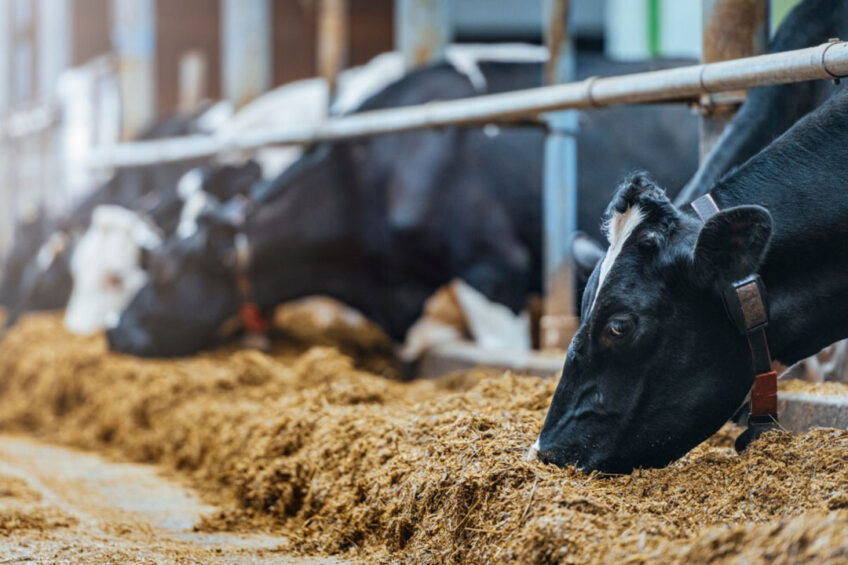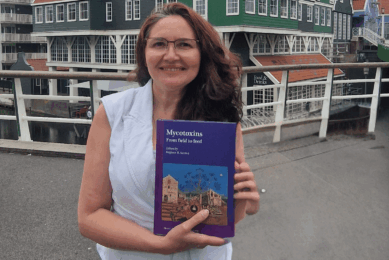Managing mycotoxin risk in dairy cows

Two scientists renowned for their research on mycotoxins and the threats they pose to dairy cows’ health and performance will present a new course in Selko Feed Additive’s Global Webinar Series on Thursday, 27 October.
The ‘Multi-pronged approach to mycotoxin risk management in dairy cows’ webinar will be presented at 9am and at 4pm CEST, with a duration of 1 hour and 15 minutes.
Health and productivity
Antonio Gallo, associate professor in animal nutrition at Università Cattolica del Sacro Cuore, Italy, will share discoveries regarding nascent areas of mycotoxin research. While Fusarium mycotoxins deoxynivalenol (DON), zearalenone (ZEN) and Fumonisins from B class (FBs) have been widely studied, very little in vivo research has been conducted when it comes to how these mycotoxins threaten nutrient digestibility and rumen function in dairy cows.
Similarly, previous research has largely focused on how mycotoxins influence milk production parameters, with little focus on how mycotoxins influence cheese. Gallo’s presentation will share how an enhanced understanding of the mode of action Fusarium-produced mycotoxins rely on is leading to new insights about the threats that mycotoxins pose for dairy cow health and productivity.
Mitigating mycotoxin challenges
During the webinar’s second half, Dr Swamy Haladi, global programme manager mycotoxin risk management, Selko Feed Additives, will dispel the prevalent myth that ruminants are equipped to manage mycotoxin exposure better than other livestock species.
Explaining an integrated and holistic approach to mitigate mycotoxin challenges, Haladi will discuss the complexities posed by masked and emerging mycotoxins, as well as the specific risks that must be mitigated at every stage of feed production – from raw crops in the field through harvest, storage, transport and processing.
Haladi’s remarks will address why mitigation strategies must go beyond conventional binding approaches. He will review how a multi-pronged strategy can leverage multiple mechanisms to manage and mitigate mycotoxin issues.
Bringing a practical application to the presentation, Gallo and Haladi will share research insights from the University of Sacre Coeur demonstrating the efficacy of a broad-spectrum and integrated approach to mycotoxin management.
The webinar is free of charge, and attendees can register here.
Join 13,000+ subscribers
Subscribe to our newsletter to stay updated about all the need-to-know content in the dairy sector, two times a week.










